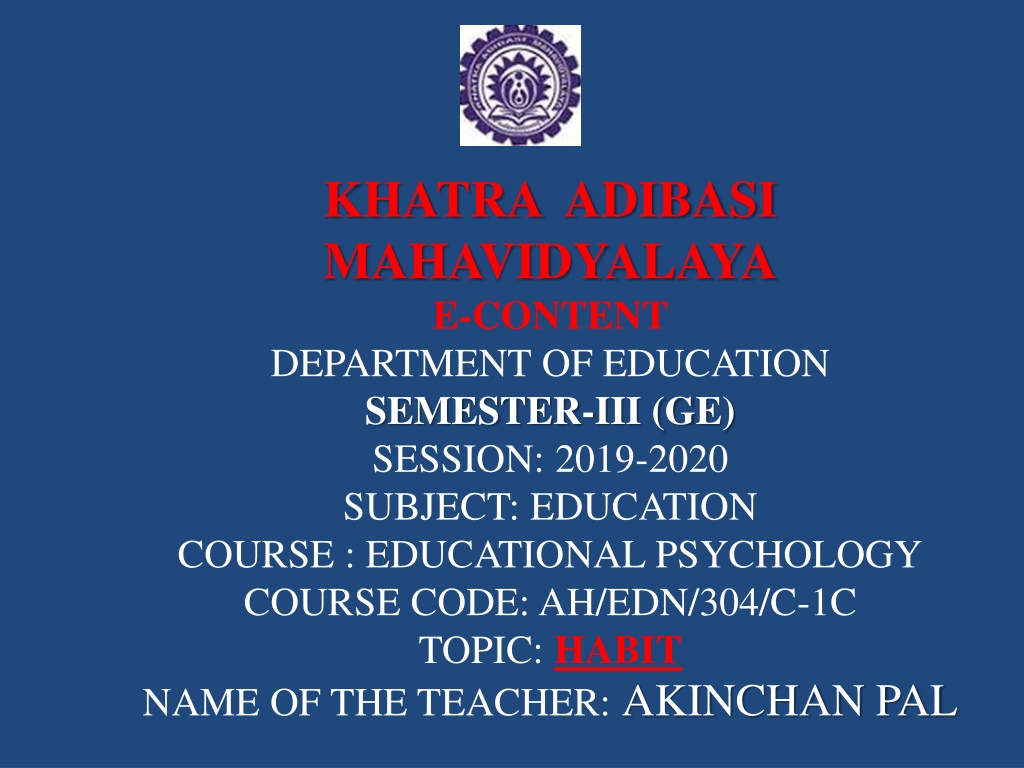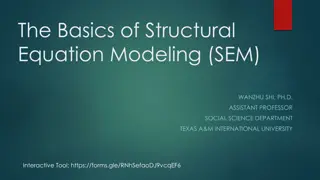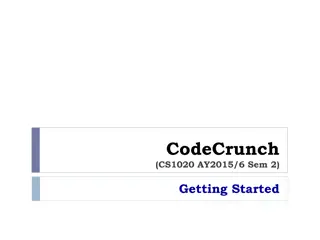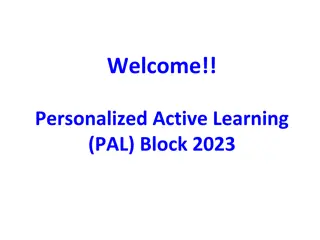
Understanding Habits and Their Educational Impact
Explore the concept of habits in psychology, their formation, and the educational values they hold for students. Habit formation advice, importance of good habits in academic life, and the role of habits in self-regulation are discussed in this insightful content.
Download Presentation

Please find below an Image/Link to download the presentation.
The content on the website is provided AS IS for your information and personal use only. It may not be sold, licensed, or shared on other websites without obtaining consent from the author. If you encounter any issues during the download, it is possible that the publisher has removed the file from their server.
You are allowed to download the files provided on this website for personal or commercial use, subject to the condition that they are used lawfully. All files are the property of their respective owners.
The content on the website is provided AS IS for your information and personal use only. It may not be sold, licensed, or shared on other websites without obtaining consent from the author.
E N D
Presentation Transcript
KHATRA ADIBASI MAHAVIDYALAYA E-CONTENT DEPARTMENT OF EDUCATION SEMESTER-III (GE) SESSION: 2019-2020 SUBJECT: EDUCATION COURSE : EDUCATIONAL PSYCHOLOGY COURSE CODE: AH/EDN/304/C-1C TOPIC: HABIT NAME OF THE TEACHER: AKINCHAN PAL
Habit Habit, in psychology, any regularly repeated behaviour that requires little or no thought and is learned rather than innate. A habit which can be part of any activity, ranging from eating and sleeping to thinking and reacting is developed through reinforcement and repetition. According to Wood & Neal, 2009, habit phenomenon whereby behaviour is prompted automatically by situational cues, as a result of learned cue- behaviour associations.
Habit formation Habit-formation advice is ultimately simple repeat an action consistently in the same context. The habit formation attempt begins at the 'initiation phase', during which the new behaviour and the context in which it will be done are selected. The process of building a habit can be divided into four simple steps: Cue, Craving, Response, and Reward.
Educational values of habit As a student, learning good habits is crucial to achieving a good academic life. Developing good habits plays an important role in fostering personal and professional growth. Many academic and health outcomes depend on frequently repeating the same behaviours in the same contexts (e.g., reading, studying, sleep, exercise, or healthy eating). This suggests habits, in addition to motivation and meta-cognition, play a critical role in student self- regulation.
THANK YOU






















